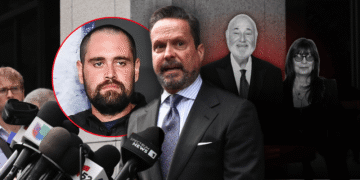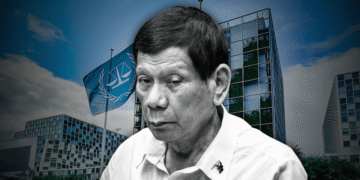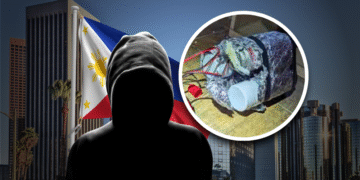What happens when the very people tasked with upholding integrity betray the public’s trust?
Equatorial Guinea’s integrity watchdog, Baltasar Ebang Engonga, has become the center of an unprecedented scandal.
Known for his anti-graft role, Engonga is now facing allegations that he recorded over 400 explicit videos, some involving high-profile individuals, including a relative of the president.
This private misconduct has erupted into a public crisis, highlighting serious issues around power, privacy, and misuse of public office.
Just Another Day at the Office?
During a routine investigation into financial fraud, authorities uncovered a trove of explicit recordings stored on CDs at Engonga’s home and office.
These tapes reportedly feature private moments involving spouses of key officials, including senior ministers and close relatives of national leaders.
The revelation has ignited widespread public outrage, as these tapes bring into question the ethical conduct of those entrusted with national responsibilities.
As these recordings circulate online, they have raised important questions about privacy, consent, and the abuse of privileged positions. Citizens, media, and government officials alike are voicing concerns over the integrity and accountability of individuals in power.
Cleaning House, One Scandal at a Time
Responding quickly, Vice President Teodoro Nguema Obiang Mangue took a firm stance, condemning these actions as a betrayal of public trust.
He issued an immediate ban on inappropriate conduct within government offices, emphasizing the importance of professionalism and decorum. This decisive move underscores the government’s commitment to maintaining ethical standards across all levels of public service.
Engonga’s case serves as a reminder that public figures are held to higher standards of responsibility.
His actions have brought attention to the risks of mixing personal liberties with public roles.
The government’s swift action to reinforce workplace ethics demonstrates its dedication to rebuilding trust and ensuring accountability.












